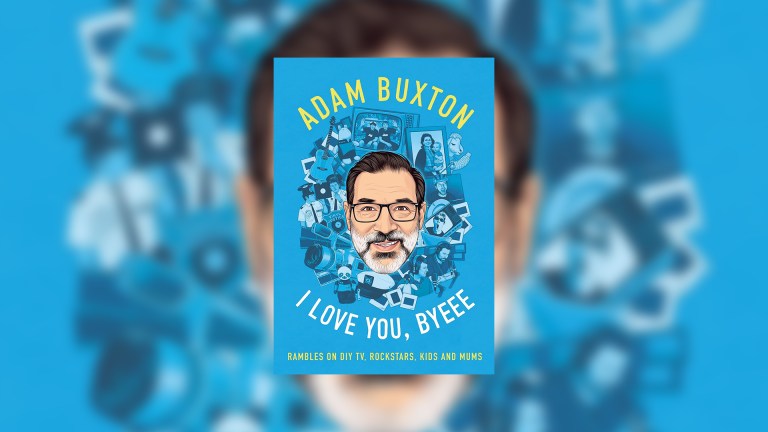Over the course of his nine novels, American novelist Jesse Ball has developed an admirably singular approach to fictioun. He eschews emotive language, and has a ruthless, never-surrender attitude to sentimentality. He often favours a clinical, pragmatic style of surrealism in which characters and locations are not named, but given initials or symbolic titles.

Ball’s commitment to show-don’t-tell writing is evangelical. That, and his lack of interest in familiar landscapes or times, means he runs the risk of leaving his reader feeling displaced and disconnected; impressed, but not invested. Yet somehow, as his new novel Census unfolds, the story of this father and son journey through an unidentified country becomes deeply moving. How does he do it? By rejecting sign-posting and contrivance completely and trusting in the sensitivity and intelligence of his reader.
As a literary knee-capping, a plea to an impatient, greedy society, Census is edifying and powerful
What we know; a dying man and his son are crossing an un-named country, from towns A to Z, collecting details for the national census. The father frets about the future for his son once he is gone (Ball tells us in the prologue that the son, like his own late brother Abram, has Down Syndrome, but never specifies this in the novel, perhaps due to the assumptions he hopes to challenge).
The people they meet, the different responses they elicit – a kiss, a warm grasp, angry rejections, cautious retreats – conjure up a range of responses from the father, from the fearful and angry to hopeful and delighted. The son’s thoughts are not given, but, just as the census is a measure of the nation’s demographics, the son becomes a measure of its character, and varying capacity for curiosity and suspicion, cruelty and kindness. Along the way we become almost burdensomely conscious of the depth of the father’s love for his vulnerable, intriguing, precious son.
Though the story / parable is of two unnamed men, it feels increasingly haunted by Ball’s prologue, in which he writes beseechingly about his love for his brother, who died when he was 24, and whose ‘beautiful nature’ Ball remembers with ‘a heart.. so tremendous, so full of light’. The father compares census-taking to going ‘into a tempest with a lantern’. He rallies against the straitjacketing of social conformity, and prizes boldness, eccentricity and imagination.
Ball presents those with Down Syndrome and other comparable conditions as unique, enigmatic individuals whose untranslatable song, carried by the wind, resonates long and high above us. As a literary knee-capping, a plea to an impatient, greedy society, Census is edifying and powerful. As a love letter to Abram Ball, it is unforgettable.











